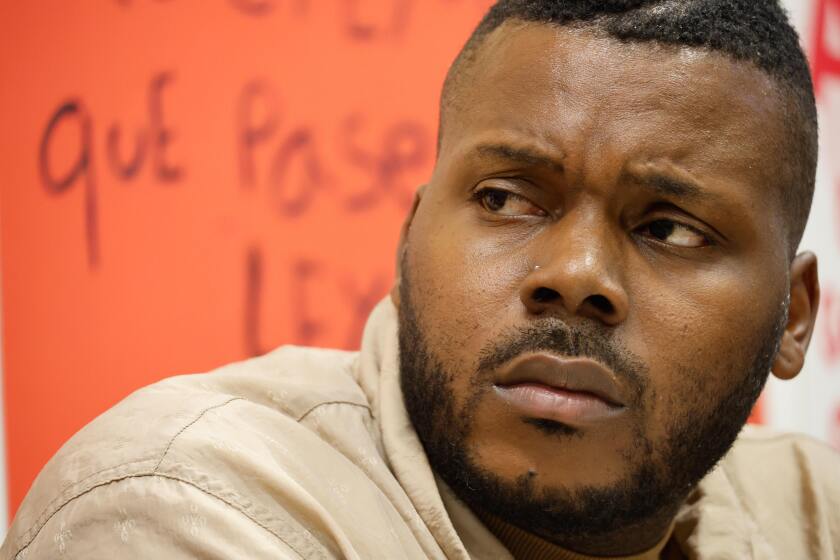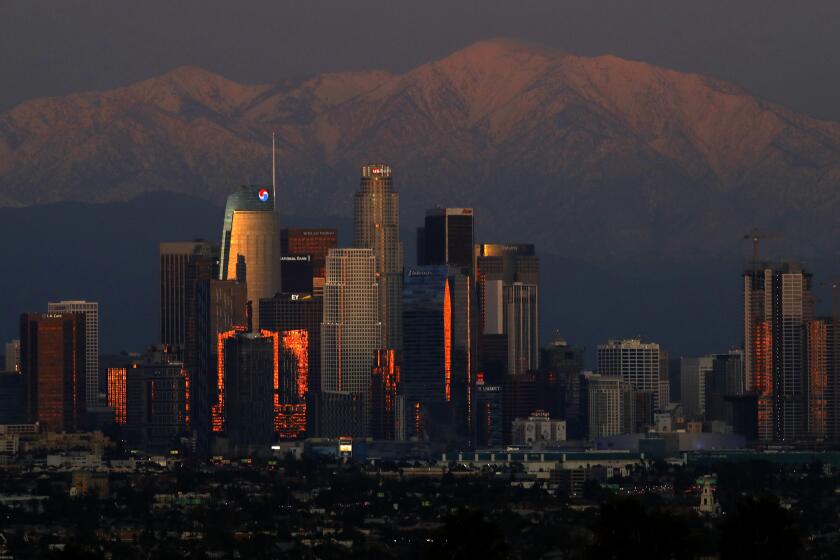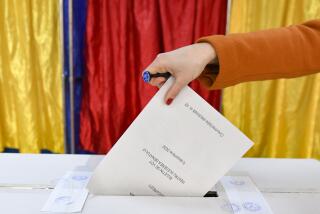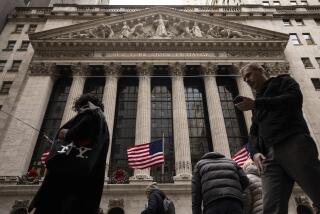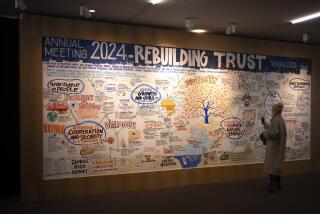Business is trusted most in a polarized world, report says
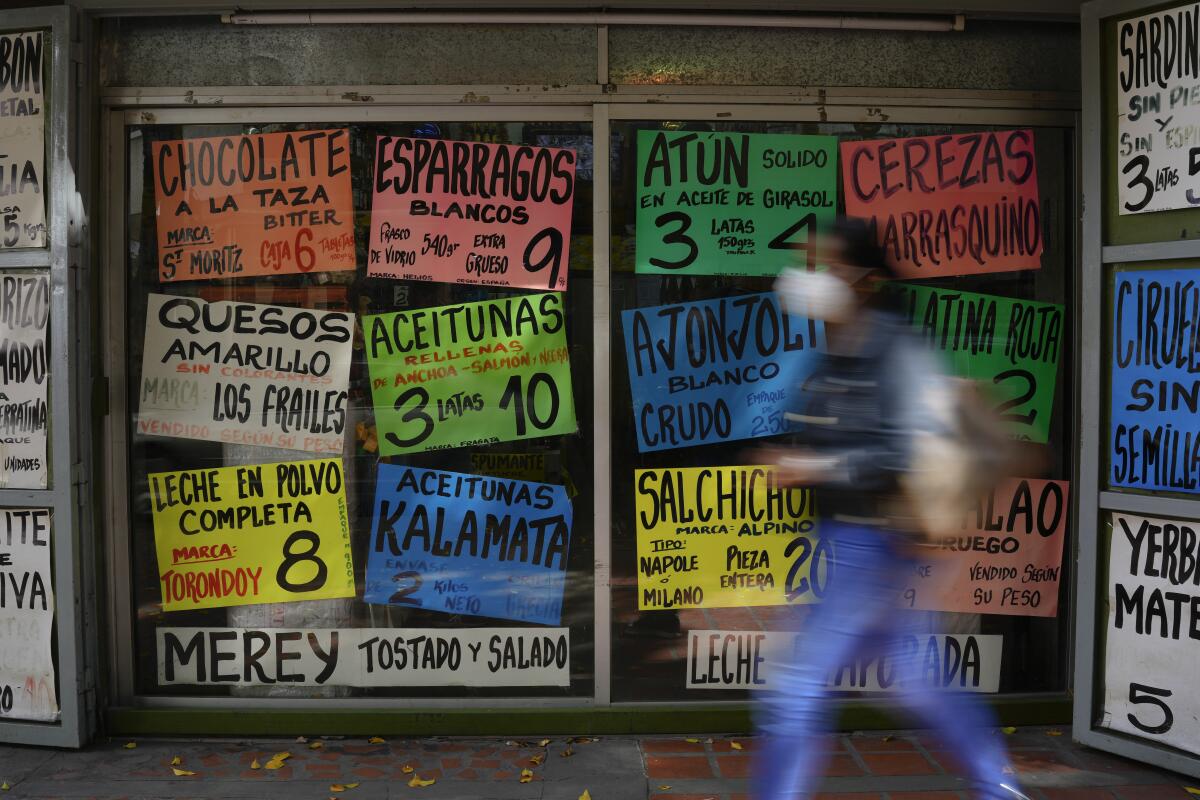
- Share via
People worldwide are more gloomy about their economic prospects than ever before and trust business far more than other institutions such as governments, nonprofits and the media in an increasingly divided world, according to a survey from public relations firm Edelman.
Released late Sunday to coincide with the World Economic Forum’s gathering of business elites and government leaders this week in Davos, Switzerland, the online survey conducted in 28 countries shows that fewer people believe their family will be better off in five years.
Those who believe they’ll be better off dropped to 40% from 50% last year and hit all-time lows in 24 nations. That is because 89% fear losing their job, 74% worry about inflation, 76% are concerned about climate change and 72% worry about nuclear war.
The Edelman Trust Barometer also says 62% of respondents see business as both competent and ethical, compared with 59% for nongovernmental agencies, 51% for governments and 50% for the media. That was attributed to how companies treated workers during the COVID-19 pandemic and the return to offices as well as many businesses vowing to exit Russia after it invaded Ukraine.
People still said they distrusted chief executives as well as government leaders and journalists, while trusting their own corporate executives, co-workers and neighbors. Scientists were trusted the most — by 76% of respondents.
Gov. Gavin Newsom’s economic mobility advisor, Michael Tubbs, tours California to hear poverty experiences.
“The increased level of trust in business brings with it higher-than-ever expectations of CEOs to be a leading voice on societal issues,” said Richard Edelman, CEO of Edelman. “By a 6-to-1 margin, respondents want more societal involvement by business on issues such as climate change, economic inequality and workforce reskilling.”
But companies face stirring contention by jumping into those topics, with 52% saying businesses can’t avoid politicization when they tackle divisive social issues, he said.
Despite the uncertainty, people want companies to stand up for them: 63% say they buy or advocate for brands based on their beliefs and values.
Most respondents say business should do more, not less, to deal with climate change, economic inequality and other issues.
This comes as social divisions have become entrenched, creating a polarized world that has left people feeling like they can’t overcome their differences or are not even willing to help others who don’t share their beliefs, the survey says.
For all the hand-wringing among U.S. conservatives that companies are imposing their liberal social agendas on workers and customers, a new study finds that top executives have become more Republican.
Less than one-third of respondents said they would help, live with or work with someone who strongly disagrees with their viewpoints. Six countries — Argentina, Colombia, the U.S., South Africa, Spain and Sweden — were listed as severely polarized, driven by distrust in government and a lack of shared identity.
If divisions are not addressed, people fear that the result will be worsening prejudice and discrimination, slower economic development and violence in the streets, the report said.
More than 40% in the survey believe governments and companies must work together to solve social issues, with the onus on the most trusted institution — business — to bring people together.
Most respondents — 64% — said companies supporting politicians and media outlets that build consensus would help increase civility and strengthen society.
In its 23rd year, the Edelman Trust Barometer surveyed more than 32,000 people online in 28 countries from Argentina to Saudi Arabia to the U.S. from Nov. 1 to 28.
More to Read
Inside the business of entertainment
The Wide Shot brings you news, analysis and insights on everything from streaming wars to production — and what it all means for the future.
You may occasionally receive promotional content from the Los Angeles Times.
